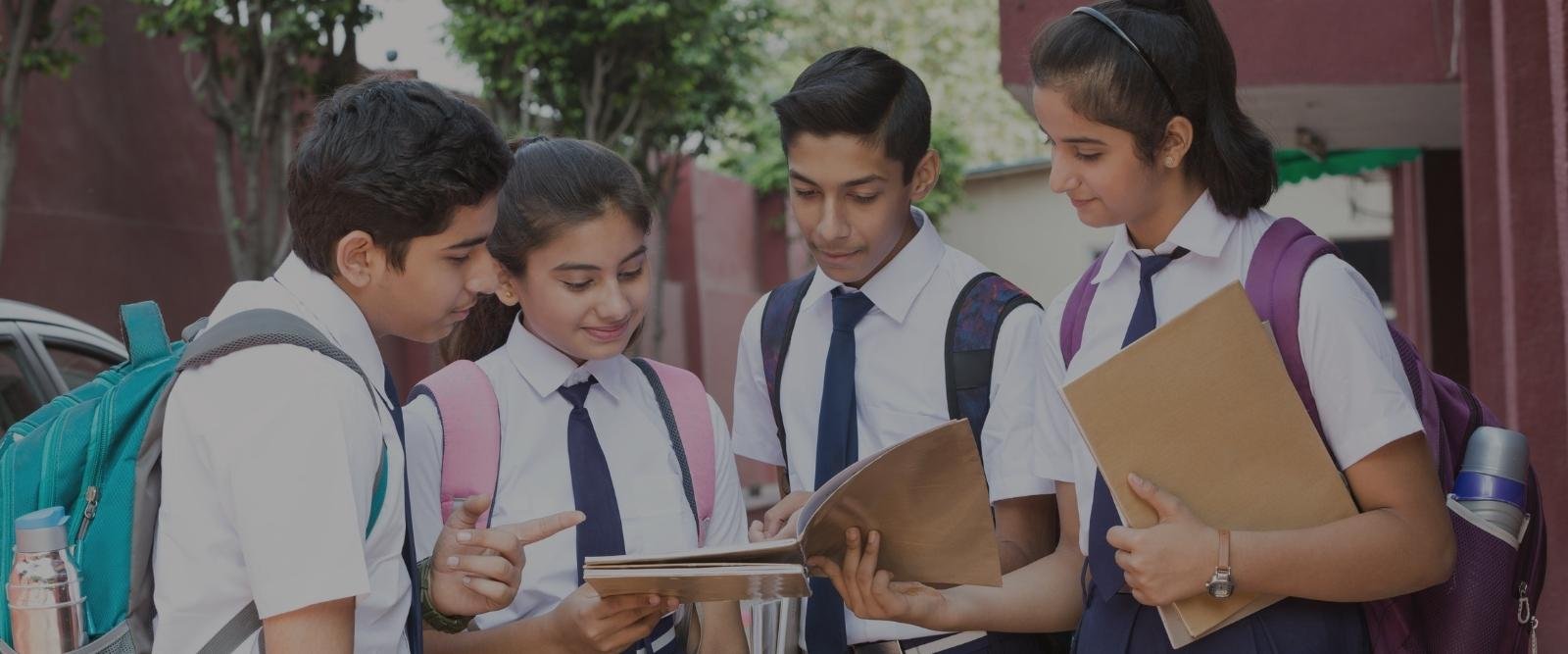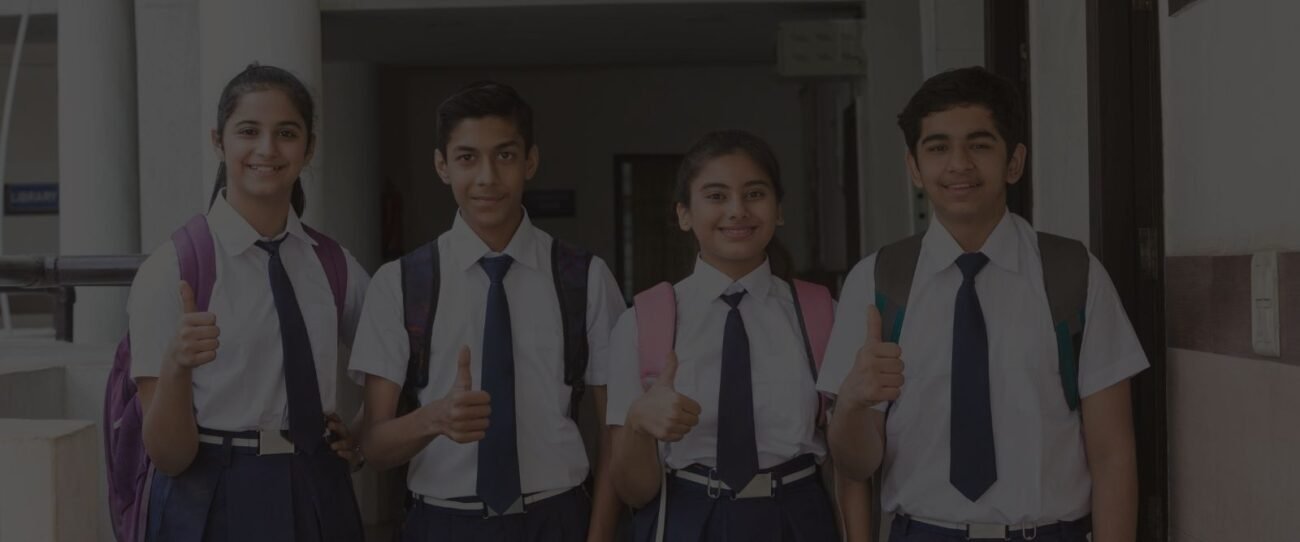
CBSE Open-Book Exams: A New Era for Education at The Adhyyan School
The educational landscape in India is on the brink of a significant transformation. The Central Board of Secondary Education (CBSE) has announced the introduction of open-book assessments (OBE) for Class 9, starting from the 2026-27 academic session. This forward-thinking move, in line with the National Education Policy (NEP) 2020, signals a clear shift from traditional rote learning to a more holistic, competency-based education. At The Adhyyan School, we are excited about this change and its potential to nurture critical thinking and real-world skills in our students.
What Are Open-Book Exams?
Unlike traditional closed-book exams that primarily test a student’s memory, open-book exams allow students to refer to approved resources like textbooks and notes during the assessment. The focus is not on recalling facts but on a student’s ability to locate, understand, and apply information to solve complex problems. These exams evaluate higher-order cognitive skills, such as analysis, interpretation, and problem-solving—essential skills for success in the 21st century.
Why the Shift to OBE?
This decision follows a successful pilot study conducted by CBSE, which highlighted strong teacher support for the new format. The move is a direct response to the call for educational reform that prioritizes a deeper understanding of concepts over memorization. The National Curriculum Framework for School Education (NCERT) emphasizes moving away from exam formats that “measure rote learning” and “create fear.” OBEs are designed to do just the opposite—reduce exam stress and promote a more engaged, inquisitive approach to learning.
The Adhyyan School’s Vision: Preparing Students for the Future
At The Adhyyan School, we believe this change is a pivotal step towards a more relevant and effective education system. We are committed to preparing our students for these new CBSE board exams by integrating competency-based learning into our curriculum from an early stage. Our teaching methodologies already emphasize project-based learning and skill development, which are crucial for success in an OBE environment. We will be providing specific training to help students master the skills required for open-book assessments, such as effective research, information synthesis, and critical analysis.
Open-Book Exams and Real-World Skills
The OBE format aligns perfectly with real-life scenarios. In the professional world, we don’t operate without resources. We use research, data, and available materials to tackle challenges. This new assessment model prepares students for that reality. It teaches them not just what to think, but how to think, a vital skill in a world where information is readily available.
FAQs about CBSE Open-Book Exams:
- Will this make exams easier? No, OBEs are designed to be more challenging. They require students to apply knowledge rather than simply regurgitate it. The questions will be more complex and application-oriented.
- Will students stop studying? On the contrary, research shows that OBEs encourage a more profound engagement with the subject matter. Students are more likely to seek connections between ideas instead of just memorizing isolated facts.
- What resources can be used? The CBSE will provide clear guidelines on the approved resources. This may include textbooks, specific notes, and other specified materials.
The introduction of OBEs is a testament to the continuous evolution of our Indian education system. We at The Adhyyan School are confident that this change will not only enhance academic outcomes but also empower our students to become confident, capable, and lifelong learners.












